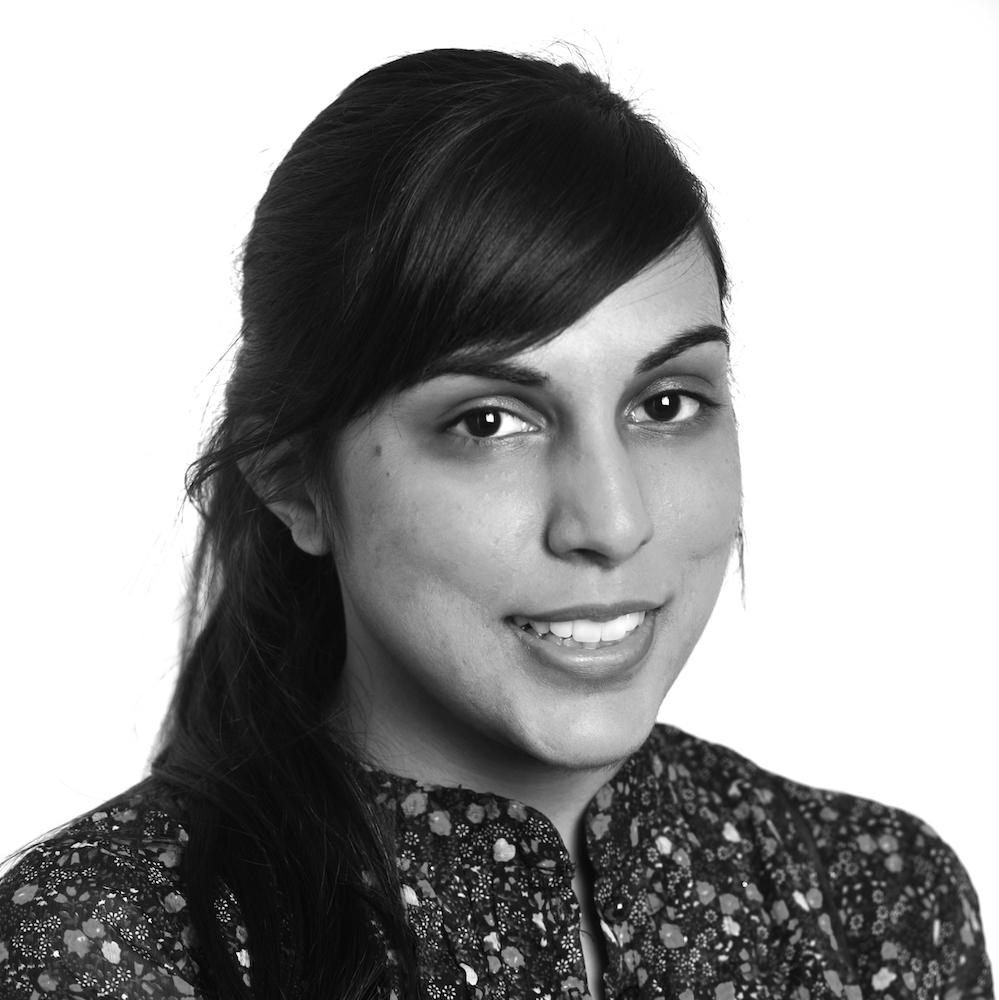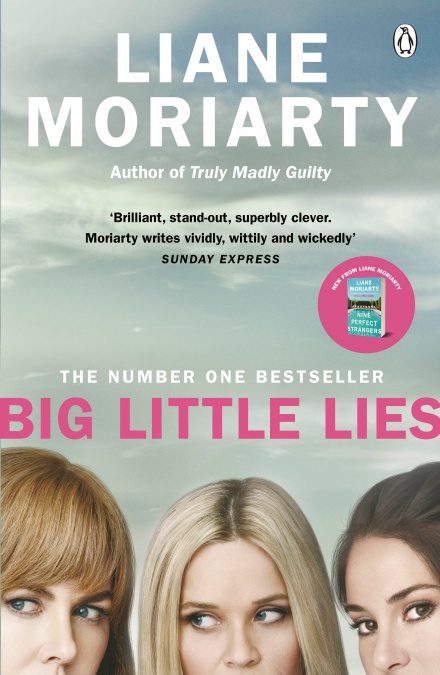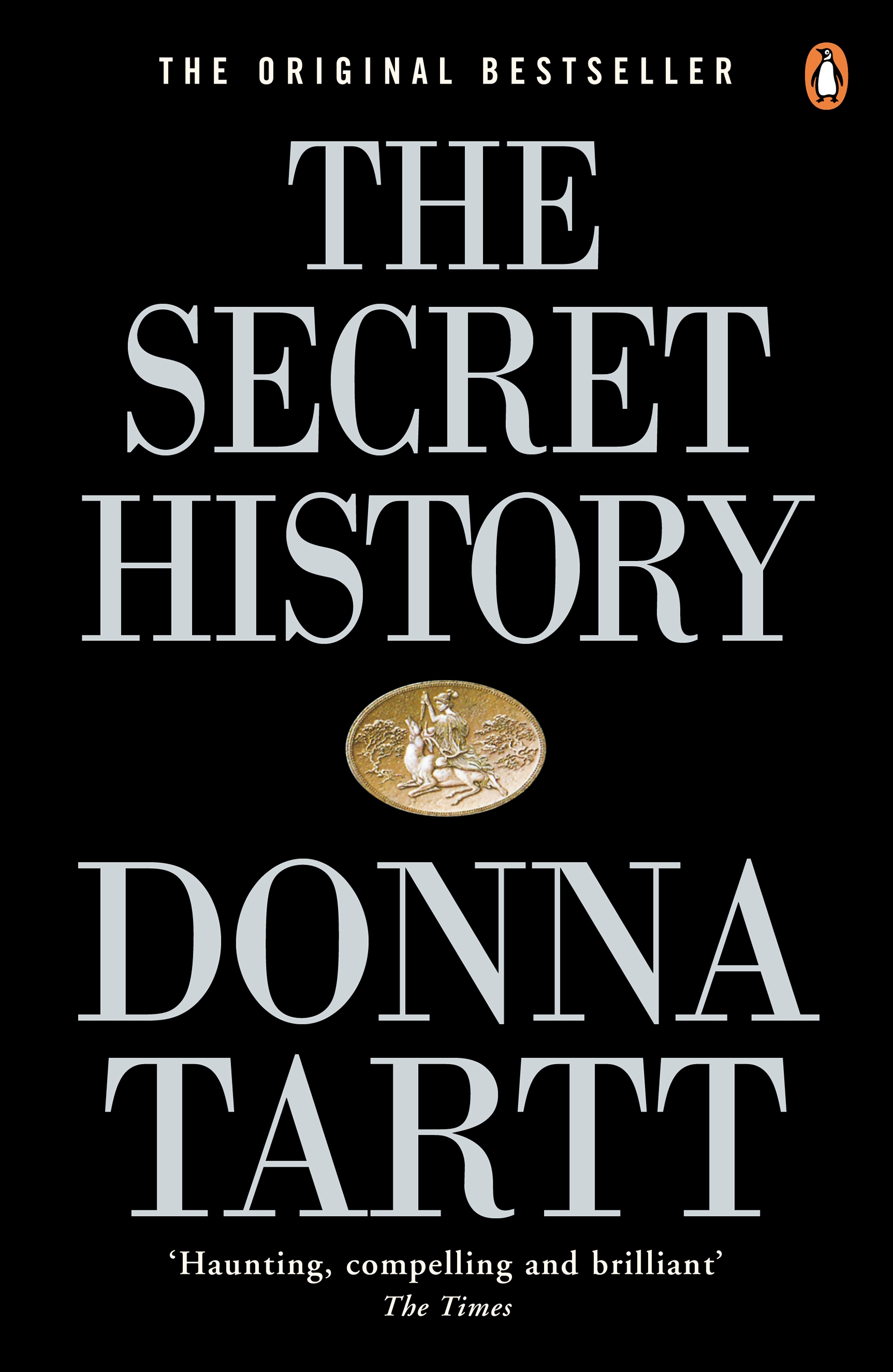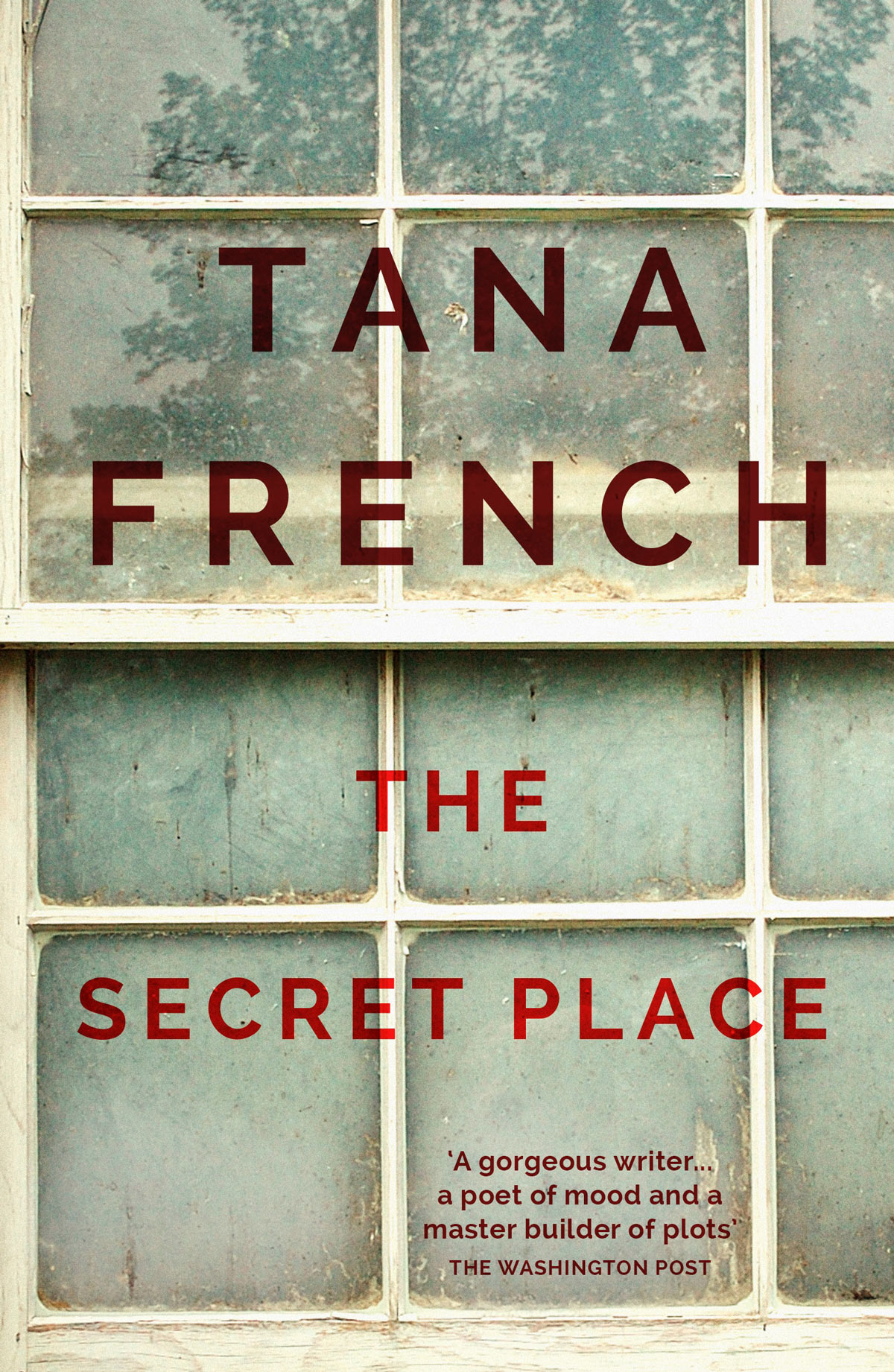Whether it’s a childhood classic or contemporary adult fiction, why do we love novels that evoke our school years?
Words Sarah Shaffi
When I was a child, I desperately wanted to go to boarding school. Not for the academics, but for the bosom friendships I imagined I’d form, the midnight feasts and picnics I’d eat, and the jolly trips we’d take to the local town on the weekends.
Can you tell I grew up on a diet of Enid Blyton?
Of course, the reality of boarding school is a far cry from Malory Towers. The thought of going now fills me with dread – all those teenage girls being mean not only in school hours, but in the evenings too? *shudder*
But just because I’m no longer of school age, doesn’t mean that my fascination and love of books set in schools has abated.
As I reached my teens, my penchant for Enid Blyton was superseded by a love of Francine Pascal’s Sweet Valley series. Then, of course, there was JK Rowling’s Harry Potter.
Those titles still hold a special place in my heart, even though many contain characters (I’m looking at you, Elizabeth and Jessica Wakefield) or ideas (the sexism and racism found in Blyton’s books requires a whole separate feature) that don’t stand up.
I’m not alone in loving books set in schools – from Jill Murphy’s The Worst Witch series to The Chalet School books by Elinor M. Brent-Dyer, there’s a specific nostalgia we have for these kinds of novels.
For children, books set in schools provide an appealing combination of familiarity and escapism. If you were the Wakefield twins or Darrell Rivers, school seemed like a cool, fun place to be. Even books that framed school as places of danger – like Gillian Cross’ The Demon Headmaster (which was later turned into a popular TV series) – were captivating because they offered adventure and excitement.
One of the keys to the success of books set in school is the lack of parents. With no responsible guardians around to scupper schemes, the possibilities are endless, giving a glimpse into a world that as a real-life child most of us couldn’t experience. Of course, the reality of a life without parents would be and is an awful thing, but in this idealised vision, it’s full of freedom. For the same reason, teachers don’t tend to be a key feature of books set in schools.
School-set books never go out of fashion. Children still devour Blyton’s books (partially because adults have such fondness for them that we keep recommending them despite their faults). The Chalet School series didn’t die with its author – continuations have been written by other authors, all set in the Chalet School universe – and newer books, like Robin Stevens’ brilliant A Murder Most Unladylike series, go beyond the school setting but still evoke the nostalgia of classic books set in schools.
It might seem that as adults, we leave school-set books behind, but some of my favourite contemporary adult novels employ the setting. Our school years are the time when we change the most, and that’s terrifying to think of now. It’s no coincidence, then, that adult books set in schools tend to be full of tension and contain an underlying sense of threat.
Tana French’s The Secret Place, a brilliant murder mystery that really taps into the ways teenage girls think and interact, is a great case in point. The book’s examination of our teenage years is as terrifying as the central crime. Curtis Sittenfeld’s Prep is an unsettling and compulsive read about a small-town girl trying to find her place in an exclusive boarding school. Liane Moriarty’s Big Little Lies is, among many other things, an astute insight into the disturbing world of competitive parents. Donna Tartt’s The Secret History, hands down her best book, is about a group of classics students whose relationship changes when death makes an appearance.
For most of us, the day-to-day reality of school was often dull and formulaic, with a distinct lack of cute boys, drama and (thank goodness) murder. What we find in novels set in schools – whether children’s or adults – is, by contrast, a wild leap into fantasy. But isn’t that what makes them so appealing?
One of the keys to the success of books set in school is the lack of parents. With no responsible guardians around to scupper schemes, the possibilities are endless, giving a glimpse into a world that as a real-life child most of us couldn’t experience. Of course, the reality of a life without parents would be and is an awful thing, but in this idealised vision, it’s full of freedom. For the same reason, teachers don’t tend to be a key feature of books set in schools.
School-set books never go out of fashion. Children still devour Blyton’s books (partially because adults have such fondness for them that we keep recommending them despite their faults). The Chalet School series didn’t die with its author – continuations have been written by other authors, all set in the Chalet School universe – and newer books, like Robin Stevens’ brilliant A Murder Most Unladylike series, go beyond the school setting but still evoke the nostalgia of classic books set in schools.
It might seem that as adults, we leave school-set books behind, but some of my favourite contemporary adult novels employ the setting. Our school years are the time when we change the most, and that’s terrifying to think of now. It’s no coincidence, then, that adult books set in schools tend to be full of tension and contain an underlying sense of threat.
Tana French’s The Secret Place, a brilliant murder mystery that really taps into the ways teenage girls think and interact, is a great case in point. The book’s examination of our teenage years is as terrifying as the central crime. Curtis Sittenfeld’s Prep is an unsettling and compulsive read about a small-town girl trying to find her place in an exclusive boarding school. Liane Moriarty’s Big Little Lies is, among many other things, an astute insight into the disturbing world of competitive parents. Donna Tartt’s The Secret History, hands down her best book, is about a group of classics students whose relationship changes when death makes an appearance.
For most of us, the day-to-day reality of school was often dull and formulaic, with a distinct lack of cute boys, drama and (thank goodness) murder. What we find in novels set in schools – whether children’s, YA or adult fiction – is, by contrast, a wild leap into fantasy. But isn’t that what makes them so appealing?

SARAH SHAFFI
Books Editor
Sarah Shaffi is a freelance literary journalist and event chair, editor-at-large for the independent children’s publisher Little Tiger Group, and co-founder of BAME in Publishing.






